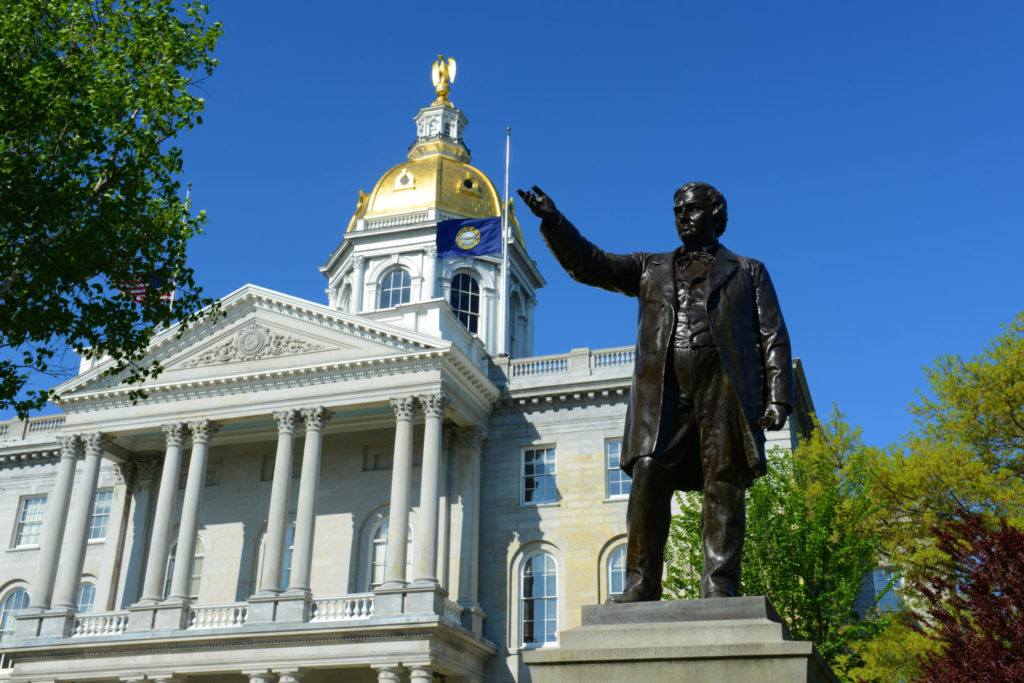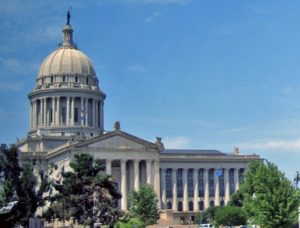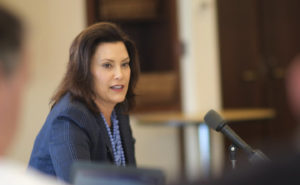New Hampshire Senate committee hears amendments to charter, public school bills
(The Center Square) – A New Hampshire Senate panel on Tuesday heard testimony on amendments to a series of bills cycling through the Legislature, including one pertaining to charters and another on…

(The Center Square) – A New Hampshire Senate panel on Tuesday heard testimony on amendments to a series of bills cycling through the Legislature, including one pertaining to charters and another on public schools.
House Bill 536 was among the legislation that was back under review by the Senate Education Committee. The bill refers to processes for charters occupying surplus, or unused, school district facilities.
The more recently introduced amendment to HB 536 includes a number of proposed additions, including stipulations that an independent mediator – appointed by the commissioner of the state Department of Education – be brought in if a negotiations period between the two parties goes beyond 30 days.
State Rep. Linda Tanner, D-Georges Mills, is a prime sponsor of the original version of HB 536. At the hearing, she described the proposed change as a “nongermane amendment.”
Tanner said she believed there were several flaws with the proposed changes, including state oversight of the negotiations process.
“I think local control of town buildings and school buildings should be looked at in a different light,” Tanner said.
But state Rep. Gregory Hill, R-Northfield, spoke favorably to the amendment and said he believed it would help charters receive a fair shake in serving the needs of its students.
Because charters are structured differently than their public school counterparts, Hill said there are instances across New Hampshire of the schools being housed in venues not inherently conducive to education. Some of the charter facilities, he said, lack kitchens and playgrounds.
“This is a way of taking surplus property and directing it to school-aged children,” Hill said. “We need to make sure that these negotiations are serious.”
The committee also took testimony on HB 275, which pertains to public school districts with local board-approved tuition programs.
An amendment has been introduced into the bill that proposes giving local boards the authority to require parents pay the difference between an established tuition cost and the state’s per-pupil figure.
State Rep. Rick Ladd, R-Haverhill, is a prime sponsor of HB 275. The goal behind the amendment, he said, is to open up opportunities to families with children in communities that have limited school district configurations, including those that lack a local high school.
“It’s basically a clarification,” Ladd said. “You can pay the difference.”
Tanner also spoke in opposition to the amendments to HB 275, arguing it strays away from the overarching intent of public education.
“I have some real serious issues with this bill,” Tanner said. “The whole idea with public education is equality. Public schools are the great equalizer; everybody’s accepted. Something has to give with all of this.”
One public school educator did weigh in on HB 275 at the committee hearing. Dean S. T. Cascadden, superintendent of schools with SAU 67, said he has ongoing, broader misgivings with the state’s overall funding formula.
But within the parameters of the bill itself, Cascadden said it has merits, so long as school districts have an established anchor school that accepts students, including those with disabilities and other special needs.
“I think it’s good,” Cascadden said of the bill amendment. “It does help us top off (enrollment).”



